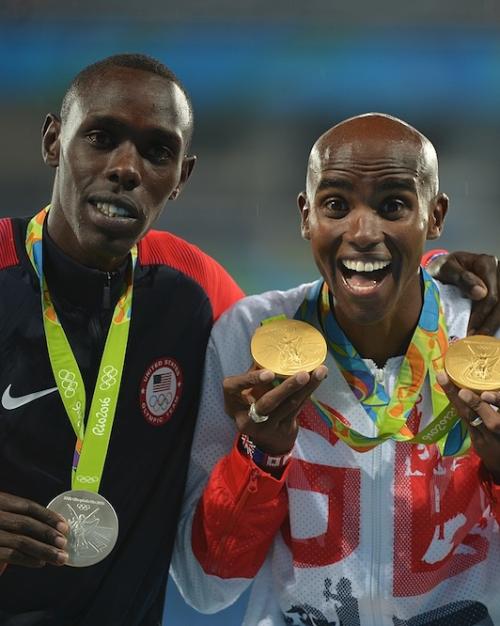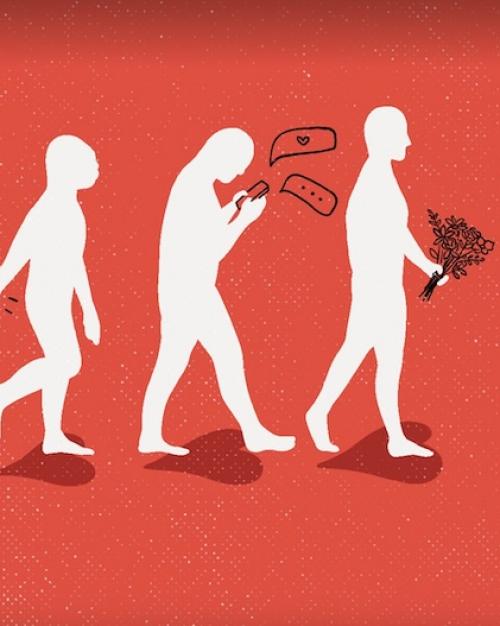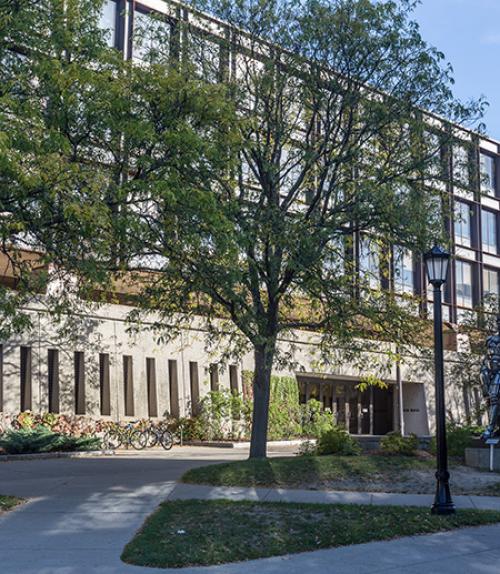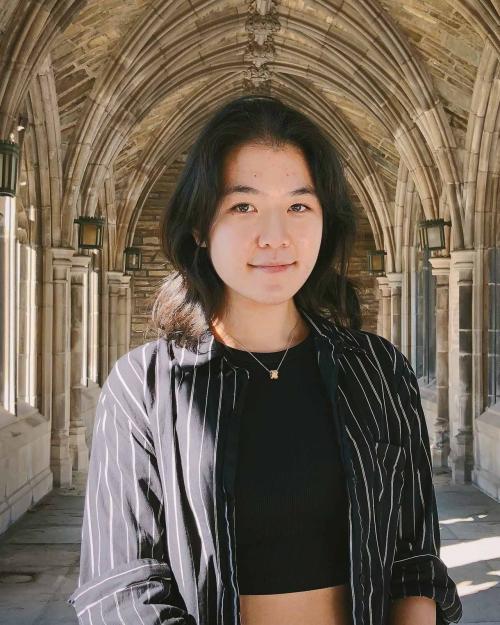This is part of a series of columns this month written by Arts & Sciences Student Ambassadors.
When people think of undergraduate research, they often picture long hours in the lab, endless pipetting into different tubes and typing away at the computer late into the night. While that’s definitely part of it, the part that not many see is the impact research can have on the community.
I’m a senior studying biological sciences with a minor in psychology in the College of Arts and Sciences. I started conducting research during my sophomore year at Cornell, where our focus has been on Parkinson’s Disease, specifically using MRI imaging to study how exercise might be a powerful therapeutic treatment for both the motor and cognitive symptoms of the disease.
However, how I got involved in research was unexpected.
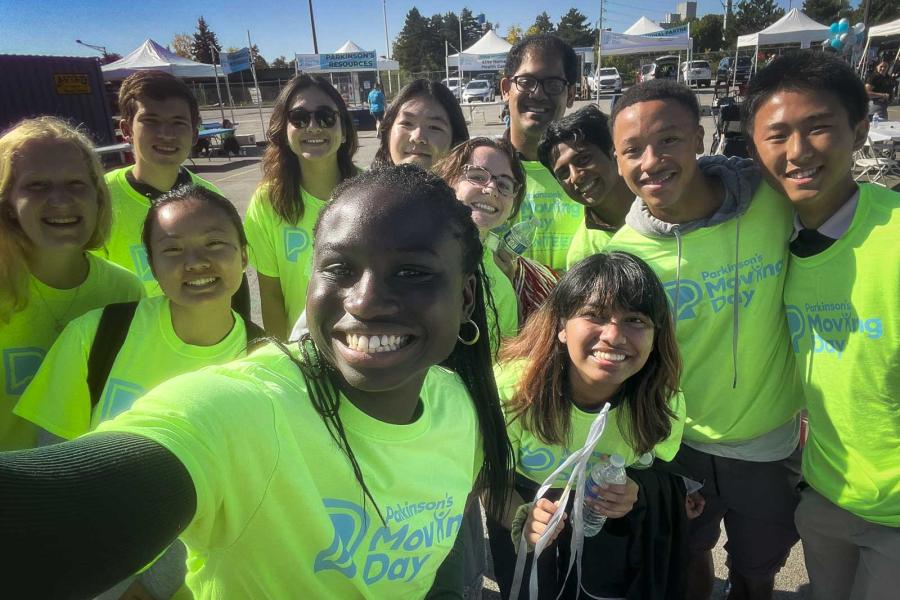
Back then, I had an idea for a student organization aimed at raising awareness and providing resources for those living with Parkinson’s. I reached out to a professor to ask if they’d be interested in being our club advisor and by pure chance, they happened to be thinking of launching a Parkinson’s related research project at the same time and were looking for undergraduate students to join the team. It was the perfect timing between two individuals with a shared mission.
Since then, the work has expanded in ways I never imagined. Our lab has helped create a collaborative network of professionals across Central New York, from physicians and researchers to speech therapists and physical therapists, all focused on providing resources and support for those living with Parkinson’s. Through this, I’ve been able to step out of the lab and into the community. I’ve joined support groups during their monthly meetings to speak with families affected by Parkinson’s, learning more about the wide range of symptom experiences the disease can have. I’ve also jogged miles alongside other individuals at fundraiser events like the Parkinson’s Foundation’s “Moving Day,” a day where patients, families and supporters come together to walk in honor of those impacted by the disease.
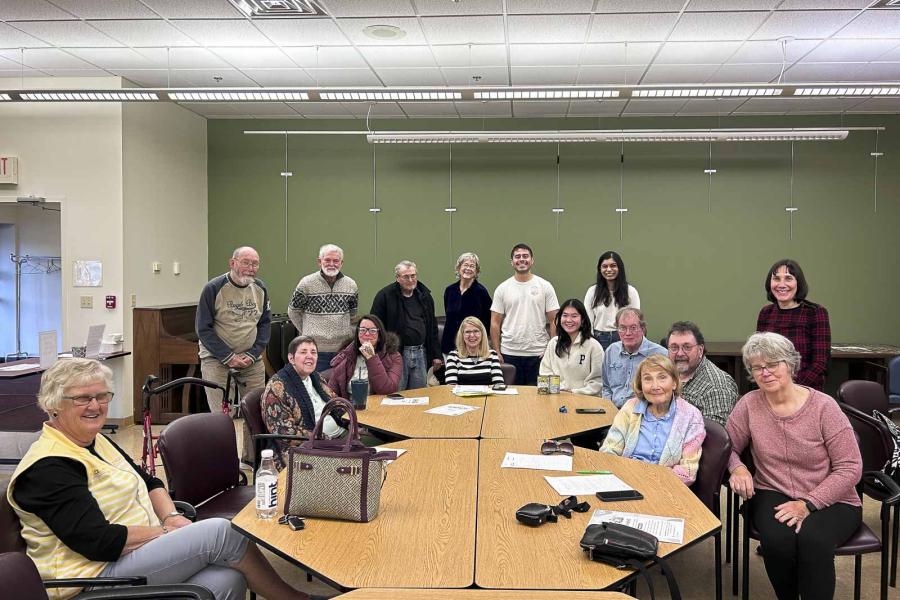
These moments of connecting with the people behind the research have taught me just as much as conducting the science itself. I’ve learned the value of building relationships and connecting with the communities we aim to serve. Research isn’t just about answering a question. It’s about listening and understanding the lived experiences of those impacted by your research.
This journey has taught me that sometimes, the most meaningful opportunities come from simply following your passion and being open to where it may lead. What started as an idea for a club has turned into a rewarding experience that has shaped both my academic and personal growth, and I’m beyond grateful to be on this path.


